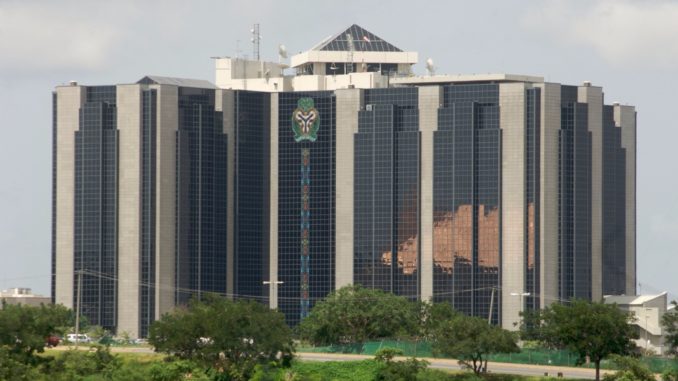
The Central Bank of Nigeria Nigeria released, in September, 2019, new guidelines for cashless policy in Nigeria. The policy itself is not new and the objective is to discourage the preference for cash as a means of exchange of value given the huge costs associated with cash.
Under the new guidelines, bank customers are to pay cash handling charges for daily cash deposit and withdrawal in excess of N500,000 for individuals and N3 million for corporates. The charges have been criticised by some Nigerians. The criticisms are informed by lack of appreciation that the CBN policy or guidelines are in the best interests of majority of Nigerians. This position is informed by the following:
1. Huge circulation and adoption of cash is very costly to every economy. It is costly to the government, businesses and individual citizens. The costs include printing of notes and coins, handling & processing, high operating costs for banks who pass the costs to customers, high interest rate, lack of transparency, black market economy, violent and nonviolent crime, etc.
2. Adoption of electronic payments is a viable and cost effective alternative to cash. The CBN in September, 2019 further reduced the fee that businesses pay for accepting electronic payments at Points-of-Sale (PoS) by 33.3% from 0.75% to only 0.5% of transaction value with a ceiling or maximum charge of N1,000. This is about the lowest rate in the world.
3. The Central Bank of Nigeria ((CBN) continues to take commendable steps to make financial services especially electronic payments available to Nigerians e.g. Agency Banking, Mobile Money, PoS, Instant Transfer, etc.
4. Nigerian banks and other payment service providers are working with CBN to make electronic payments available to Nigerians e.g. instant transfers, bills payment, etc. using mobile App, USSD, etc. Banks also provide PoS devices to customers without the customers paying for devices. In other markets, customers pay for devices in addition to transaction charges. The transaction charges in Nigeria for point of sale transactions is about the lowest in the world notwithstanding that the cost of providing the service in Nigeria ranks among the highest in the world.
5. Less than 5% of individual Nigerians have a turnover of N15 million monthly or N500,000 daily. Similarly, less than 5% of businesses in Nigeria have turnover of N90 million monthly or N3 million daily.
6. Let the few individuals and businesses that generate huge cash daily adopt electronic payments instead of placing the avoidable huge costs of cash on Nigerian government and Nigerians. If the National Assembly were to appropriate money annually for the cost of cash, Nigerians will understand how much it costs taxpayers to subsidize the avoidable costs of huge cash and the need to reduce same.
7. It is not in the interest of the majority of Nigerians to ask over 95% of Nigerians to continue to subsidize the avoidable costs of huge cash that the very few impose on the masses.
END

Be the first to comment